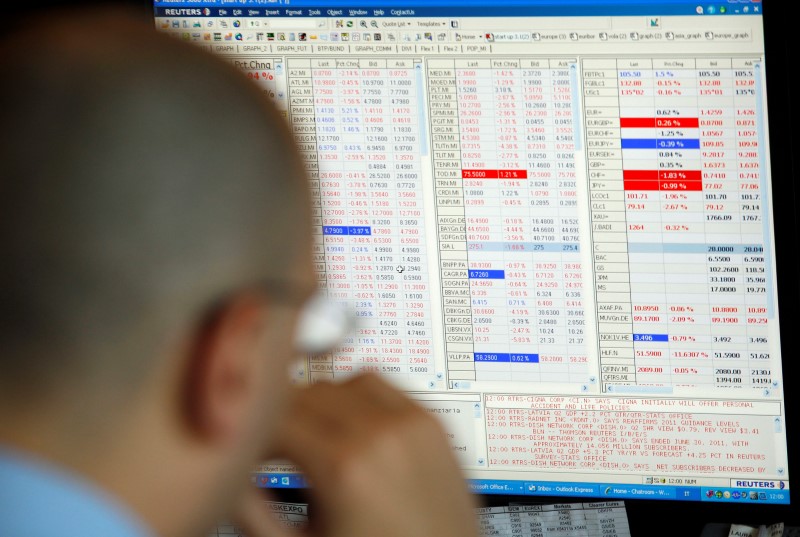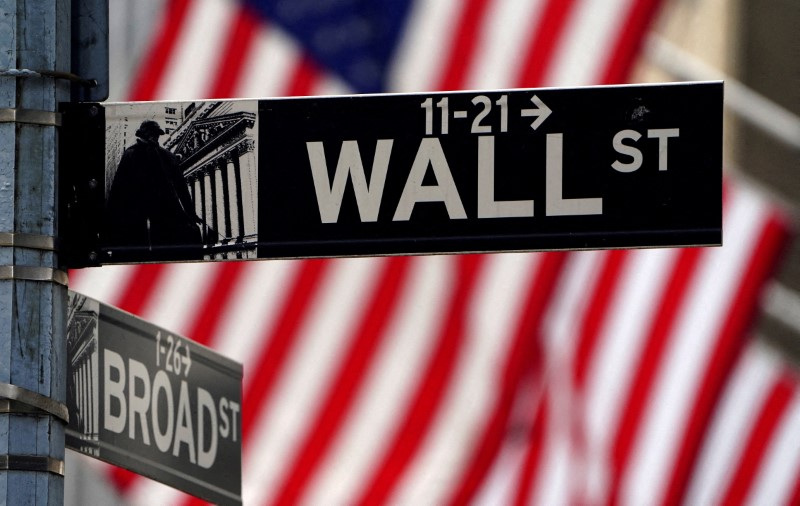China stimulus measures: How will the impact play out in markets?

China unveiled a comprehensive set of stimulus measures on Tuesday aimed at reviving its weakening economy, stabilizing the housing market, and restoring investor confidence.
In a press conference, Chinese regulators outlined a series of aggressive actions. Key among these are rate cuts across the board, including the reserve requirement ratio (RRR), mortgage rates, and down payment rates.
Alongside these cuts, targeted initiatives have been introduced to boost stock market investment and encourage long-term capital inflows.
One of the most significant measures is the establishment of a RMB500 billion swap facility. This is designed to enable non-bank financial institutions (NBFIs) such as brokers, insurers, and funds to increase their leverage and stock investments.
“NBFIs can only use the funds from swap to invest in stocks. Depending on the size of investment, NBFIs will be more exposed to the market and P&L/balance sheet volatility will rise,” analysts at Bank of America explained.
Another initiative involves RMB300 billion in targeted re-lending from the People’s Bank of China (PBOC) to support banks in providing loans to listed companies and shareholders. These funds, with a 2.25% interest rate, are meant to assist in share buybacks and stock purchases.
According to BofA, the move “should be a positive for the market and brokers to avoid force liquidation” in the near term, however, it will also “link banks closer to the stock market.”
Furthermore, the PBOC is encouraging broader participation in the stock market through long-term vehicles such as stock index ETFs, insurance funds, and enterprise annuities. As part of this, insurers are being prompted to set up private funds, similar to a pilot fund established by China Life and NCI. In addition, mutual fund fees may face cuts, further supporting market liquidity.
Mergers and acquisitions (M&A) are also expected to benefit, as the government plans to simplify the process, lower curbs on valuations, and introduce new guidelines. BofA notes that these changes could lead to a “material increase” in M&A activity over the next 6-12 months, boosting brokers with strong investment banking businesses.
Analysts at BofA believe these measures will provide immediate liquidity, particularly benefiting China’s A-share market.
“We expect the market to receive new liquidity from both banks and NBFIs and potentially, if the market performs well long enough, the return of retail investors and overseas investors may further help stabilize the market,” analysts said.





